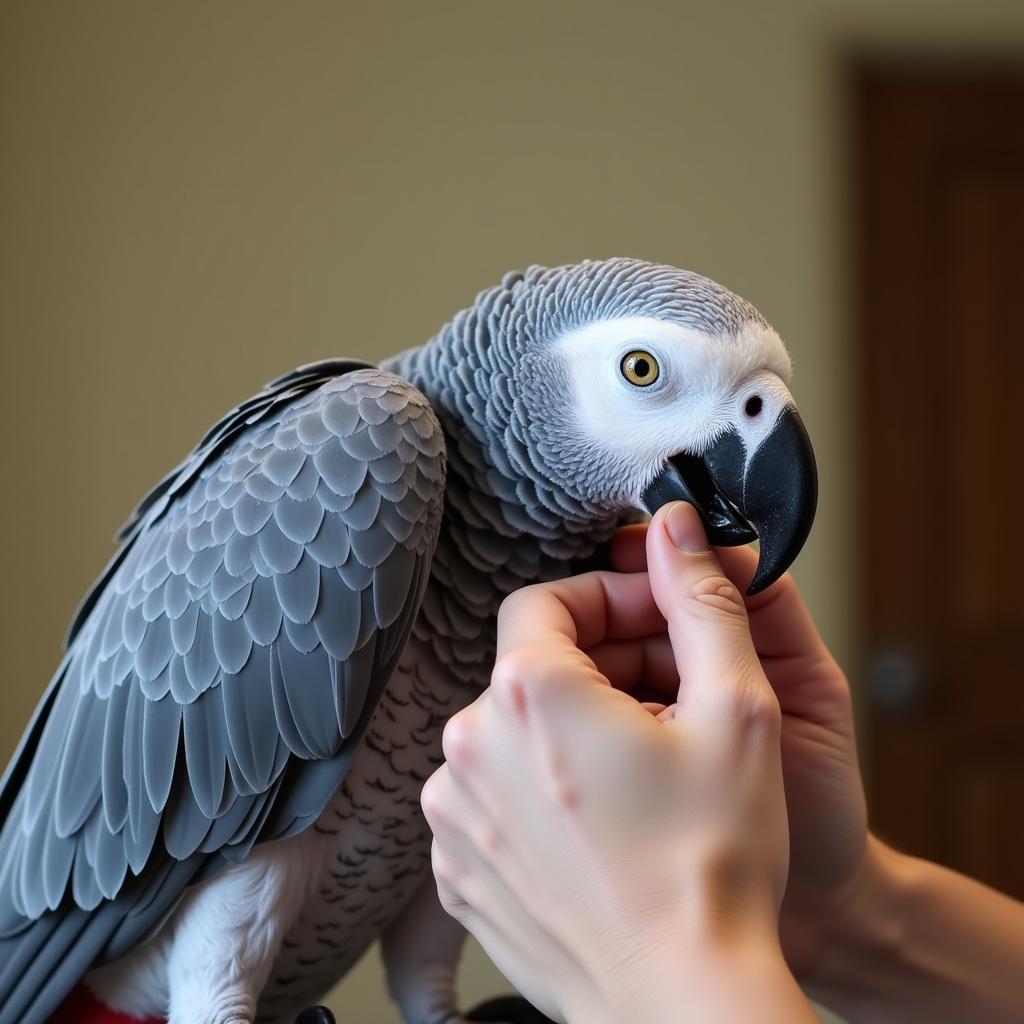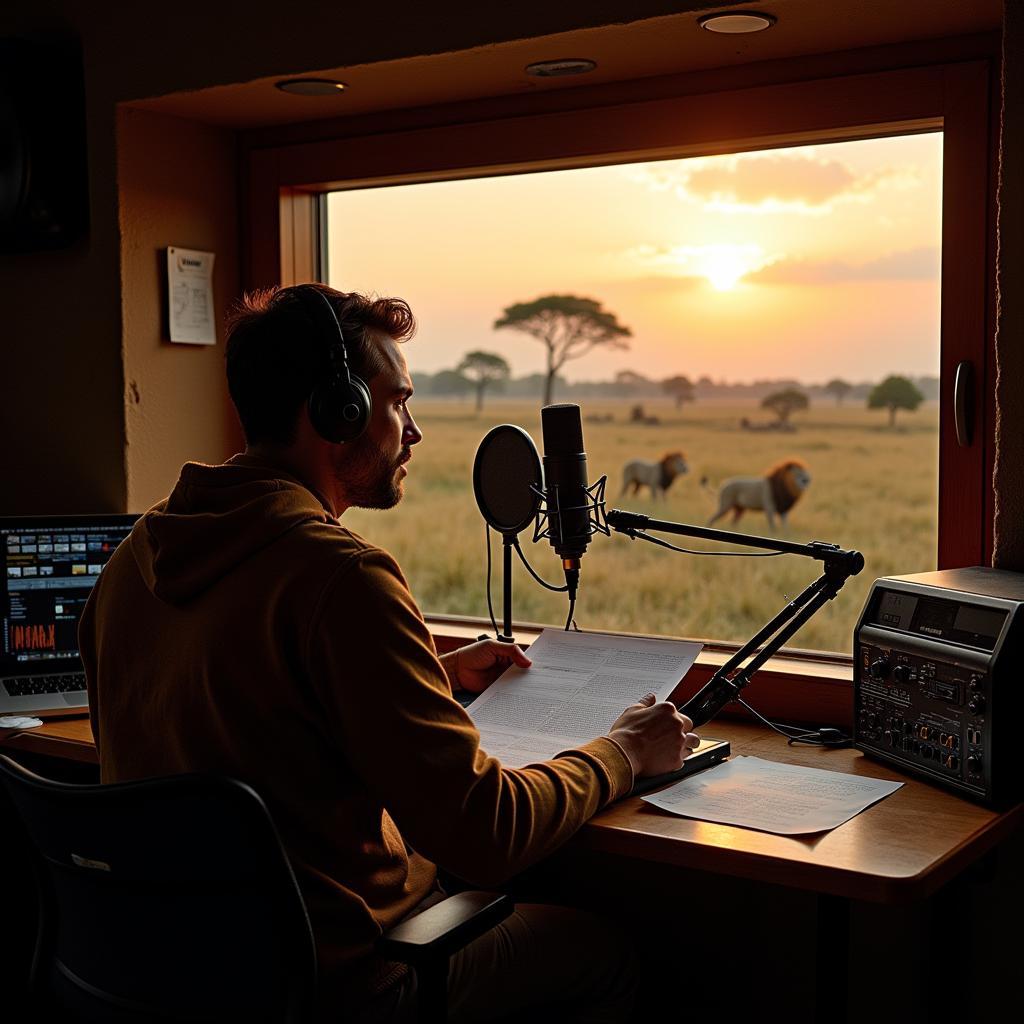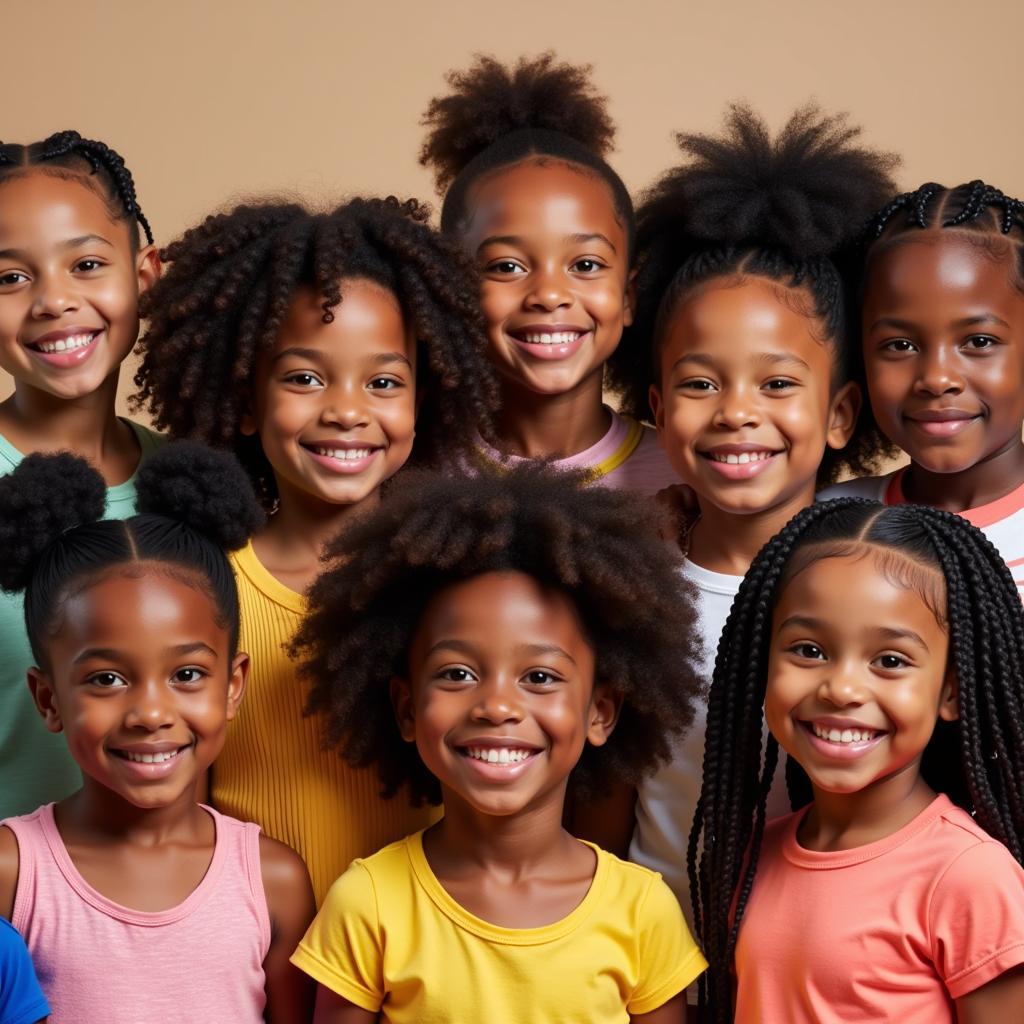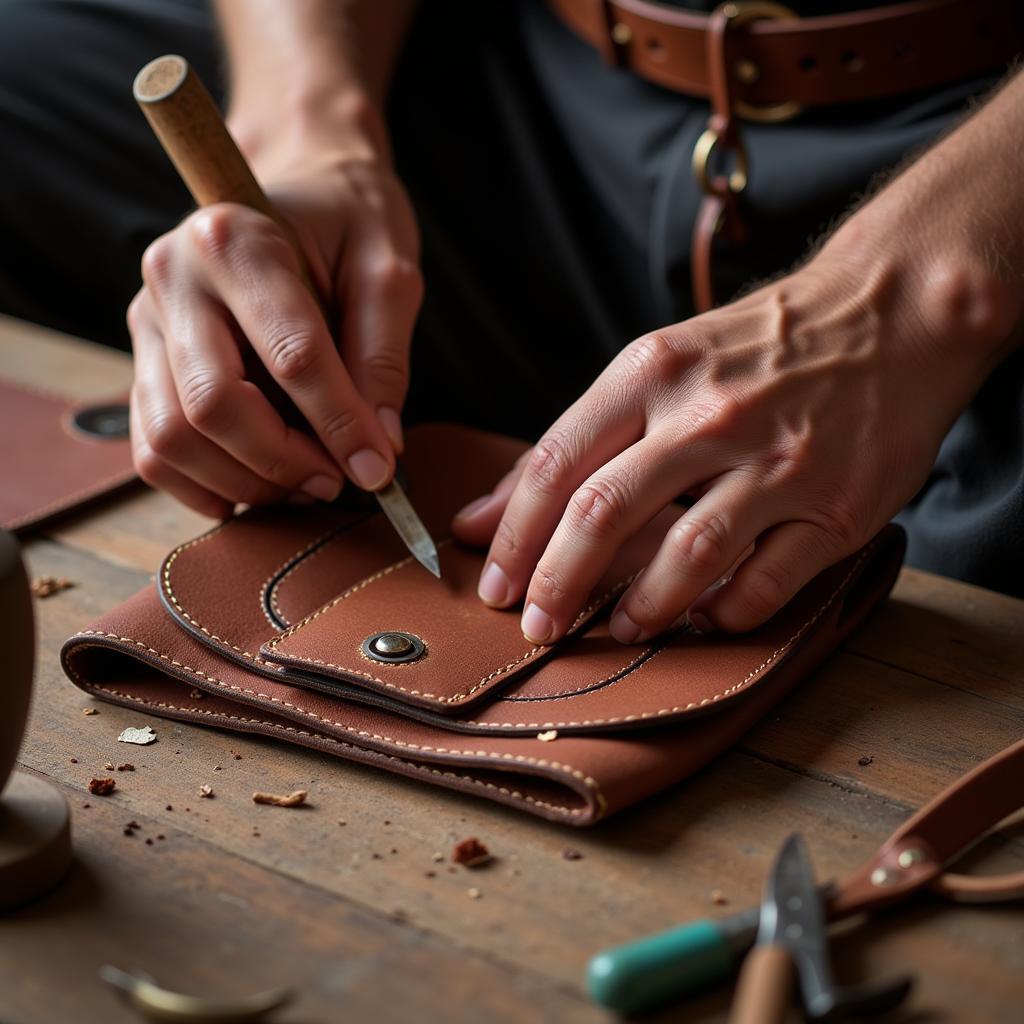Understanding African Grey Society
The African grey parrot, renowned for its exceptional intelligence and ability to mimic human speech, has captivated bird enthusiasts and researchers alike. This deep dive into African Grey Society explores their intricate social structures, communication methods, and the fascinating dynamics that govern their interactions, both in the wild and in captivity. We’ll uncover the complexities of these remarkable birds and gain a greater understanding of their cognitive abilities.
Social Structures of African Greys in the Wild
African greys, in their natural habitat, exhibit complex social structures centered around flocks. These flocks can range in size from a few individuals to hundreds of birds, and their composition can vary depending on factors like breeding season and food availability. Within these flocks, a clear hierarchy exists, often based on age, experience, and dominance. This social order influences everything from access to food and mating partners to preferred roosting spots. African greys are not solitary creatures; their social interactions are crucial to their survival and well-being. After the first few months of life, young African greys begin to integrate into the larger flock structure, learning social cues and behaviors from more experienced birds. Observing these interactions provides valuable insight into the intricate workings of african grey society. The development of strong social bonds within the flock contributes to the overall health and resilience of the population.
This complex social structure requires a sophisticated system of communication.
Communication: More Than Just Mimicry
While African greys are famous for their mimicry skills, their communication within their society extends far beyond simple imitation. They employ a diverse range of vocalizations, including whistles, clicks, and growls, to convey a variety of messages. These vocalizations can signify alarm, courtship, or simply maintain contact within the flock. Body language also plays a vital role, with postures, feather ruffling, and eye pinning conveying subtle yet crucial social signals. Understanding these nuanced forms of communication is key to understanding african grey society. These birds are capable of expressing a wide array of emotions and intentions through their complex communication system.
The Impact of Captivity on African Grey Society
Bringing an African grey into a human home significantly alters its social environment. These highly social birds form strong bonds with their human caregivers, often treating them as members of their flock. This shift in social dynamics can have profound effects on their behavior and well-being. Understanding the social needs of African greys in captivity is crucial for providing them with a stimulating and enriching environment. They thrive on interaction and mental stimulation, and providing opportunities for social interaction, whether with humans or other birds, is essential for their happiness. If you’re considering bringing an African grey into your home, learn about African care to ensure their well-being.
Furthermore, understanding the unique aspects of African beautiful mature women can provide insights into the social behaviors of female African greys, especially in captivity, and how they interact with their human companions.
What Does an African Grey Need Socially?
African greys require consistent social interaction and mental stimulation. Whether in the wild or in captivity, these intelligent birds thrive on engagement with their environment and flock mates. Providing ample opportunities for play, foraging, and social interaction is crucial for their overall health and well-being. In captivity, this can mean dedicated playtime with their human family, puzzle toys to challenge their minds, and a safe and enriching environment. You can also find African greys for sale in Manchester if you’re interested in welcoming one into your home. The social needs of African greys are not to be underestimated; they are a vital part of their overall health.
 African Grey Parrot Social Interaction
African Grey Parrot Social Interaction
Conclusion
African grey society, both in the wild and captivity, is a complex and fascinating subject. By understanding their social structures, communication methods, and the impact of captivity on their social dynamics, we can better appreciate the intelligence and social complexity of these remarkable birds. This knowledge is essential for responsible ownership and ensures the well-being of these incredible creatures. Remember to research african food habits if you’re considering an African grey as a pet.
FAQ
- How do African greys communicate within their flocks?
- African greys use a combination of vocalizations and body language to communicate, expressing a range of messages.
- How does captivity affect the social life of an African grey?
- Captivity significantly alters their social environment, leading them to form strong bonds with human caregivers.
- What are the social needs of an African grey in captivity?
- They need consistent social interaction, mental stimulation through play and foraging, and a safe, enriching environment.
- How does the social hierarchy in African grey flocks work?
- Hierarchy is often based on age, experience, and dominance, influencing access to resources and mates.
- Why is understanding african grey society important?
- It’s crucial for responsible ownership, ensuring their well-being, and appreciating their intelligence and social complexity.
- What is the role of mimicry in african grey society?
- While famous for mimicry, it’s only a small part of their complex communication, which involves various vocalizations and body language.
- How can I ensure my African grey’s social needs are met?
- Provide dedicated playtime, puzzle toys, and a stimulating environment that encourages interaction.
Common Scenarios & Questions
- Scenario: Your African grey starts plucking its feathers. This could be a sign of boredom or lack of social interaction.
- Question: How can I enrich my African grey’s environment? Provide foraging toys, rotate toys regularly, and spend quality time interacting with your bird.
Further Exploration
Learn more about related topics on our website, such as understanding the African black man sex animal narrative and how it impacts perceptions of African masculinity.
Contact Us
For further assistance, please contact us: Phone: +255768904061, Email: kaka.mag@gmail.com, or visit us at: Mbarali DC Mawindi, Kangaga, Tanzania. We have a 24/7 customer support team.



